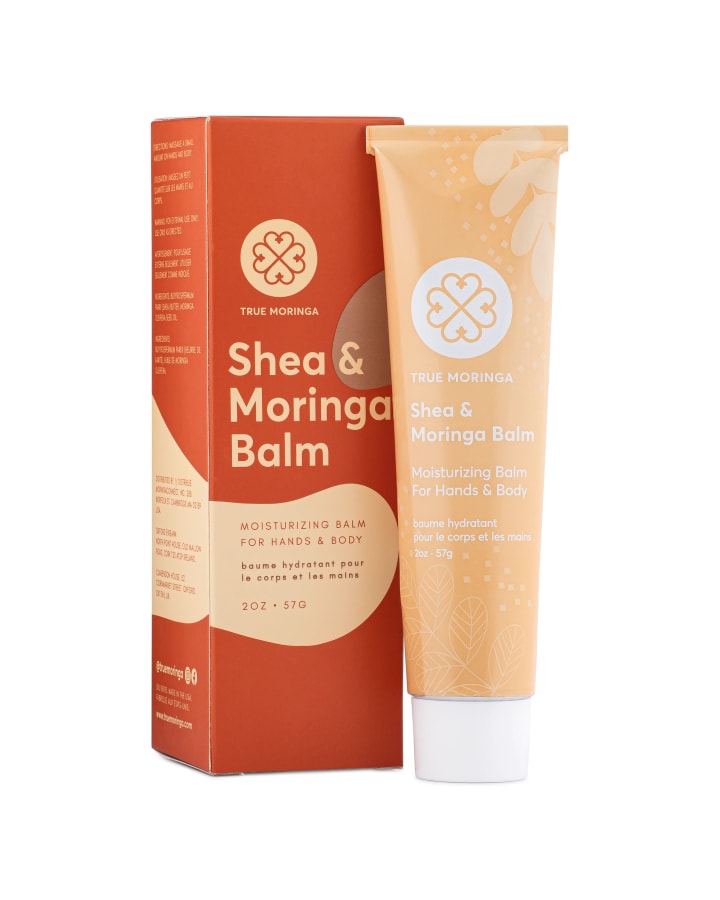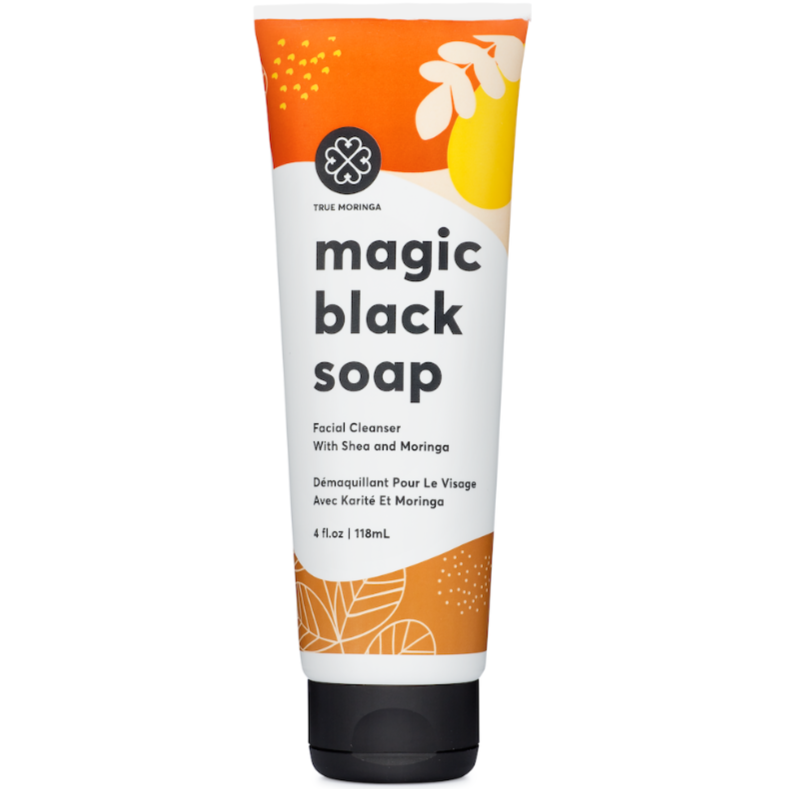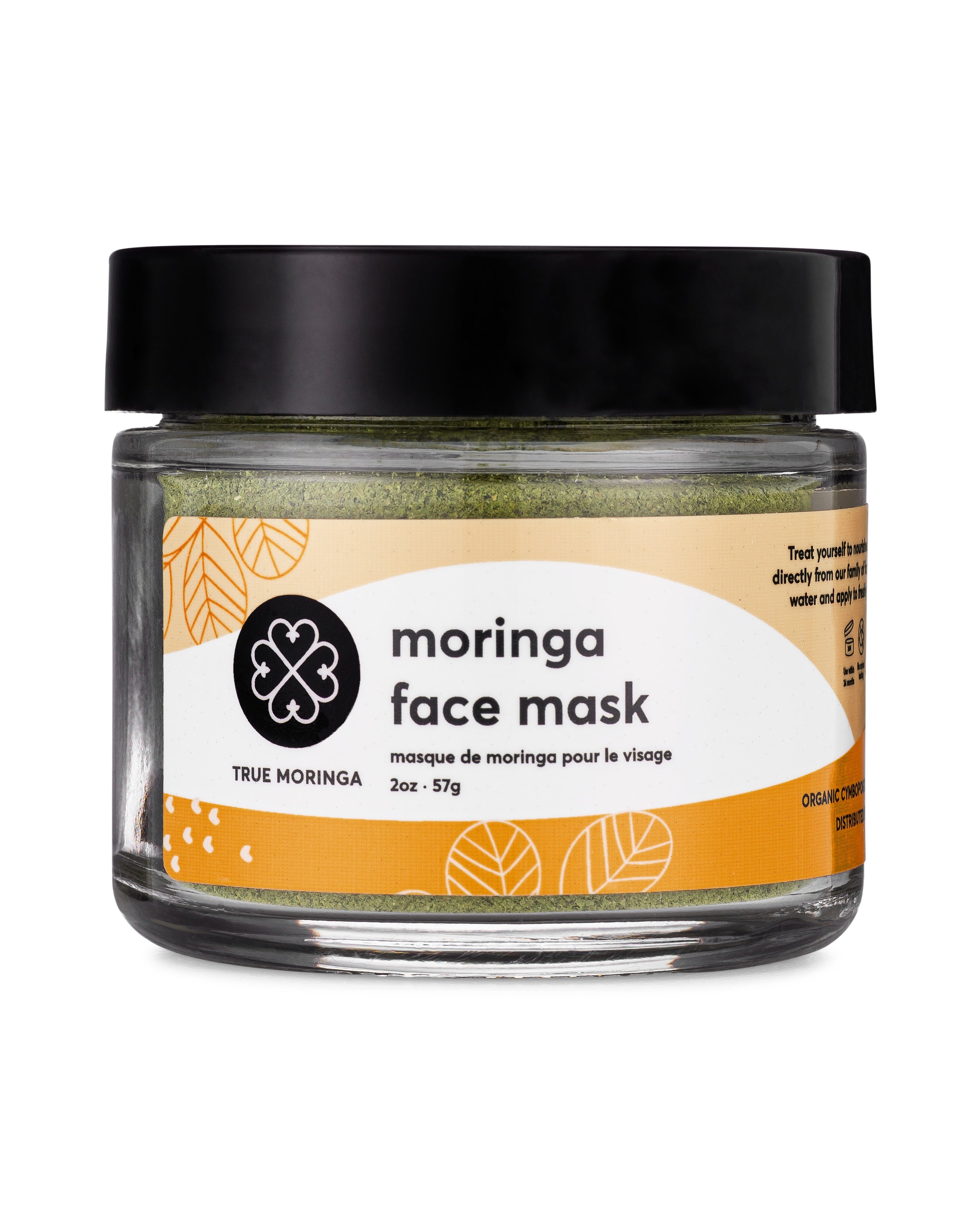



5 Things to Know When Transitioning to Natural Hair
So you’ve decided to give up the creamy crack huh? Or you’re thinking about making the transition. Either way, we’ve got some internal and external things to think about before you transition to natural hair.
- Your Motivation
It’s important to know your motivation into transitioning because it will help you keep going if the going gets tough. Just as naturals don’t want to be pressured into relaxing their hair, if you’re relaxed, you shouldn’t be pressured to go natural - or you won’t last.
Sure, there are a lot of health benefits from stepping away from those particular chemicals but mentally prepare yourself for your new look. Some people underestimate the shock a different look can bring about and the temporary blow to self-esteem that can happen. And in some cases women go back to the relaxer and write off being natural permanently because of it. Transition because YOU want to.
- Get a Support Group
Thank God for social media because if you don’t have any natural friends you can make plenty online! It could take some time to create a new hair regimen, so having friends that can give you some tips along the way never hurts! The groups can direct you to the best salons, apps for natural hair care, products and styles when you’re stuck. You don’t have to learn it all alone - most people probably don’t.
- It’s Still Hair
There are some basic principles in hair care that apply no matter your texture. Keep your scalp clean and keep your strands moisturised. That does not change at any point during your transition. You don’t need “special” products for natural hair because again, it’s still hair.
- Natural Hair is More Delicate
Afros have always had a look of strength about them, probably because of how big they can get, but it’s actually the most delicate hair type. Don’t try to rush through styling because it can cause breakage. Find a detangling method that works for you and products that can give your hair the moisture it needs, because it will most likely need a lot.
- Line of Demarcation
The line of demarcation is where your transition takes place. It’s where your relaxed hair stops and your natural hair begins. Take care to not stress your hair, especially at that point. Because of the change in texture, your hair is most likely to break off at that point. Protective styling will help you avoid manipulating your hair while you get ready to cut your relaxed ends off.






